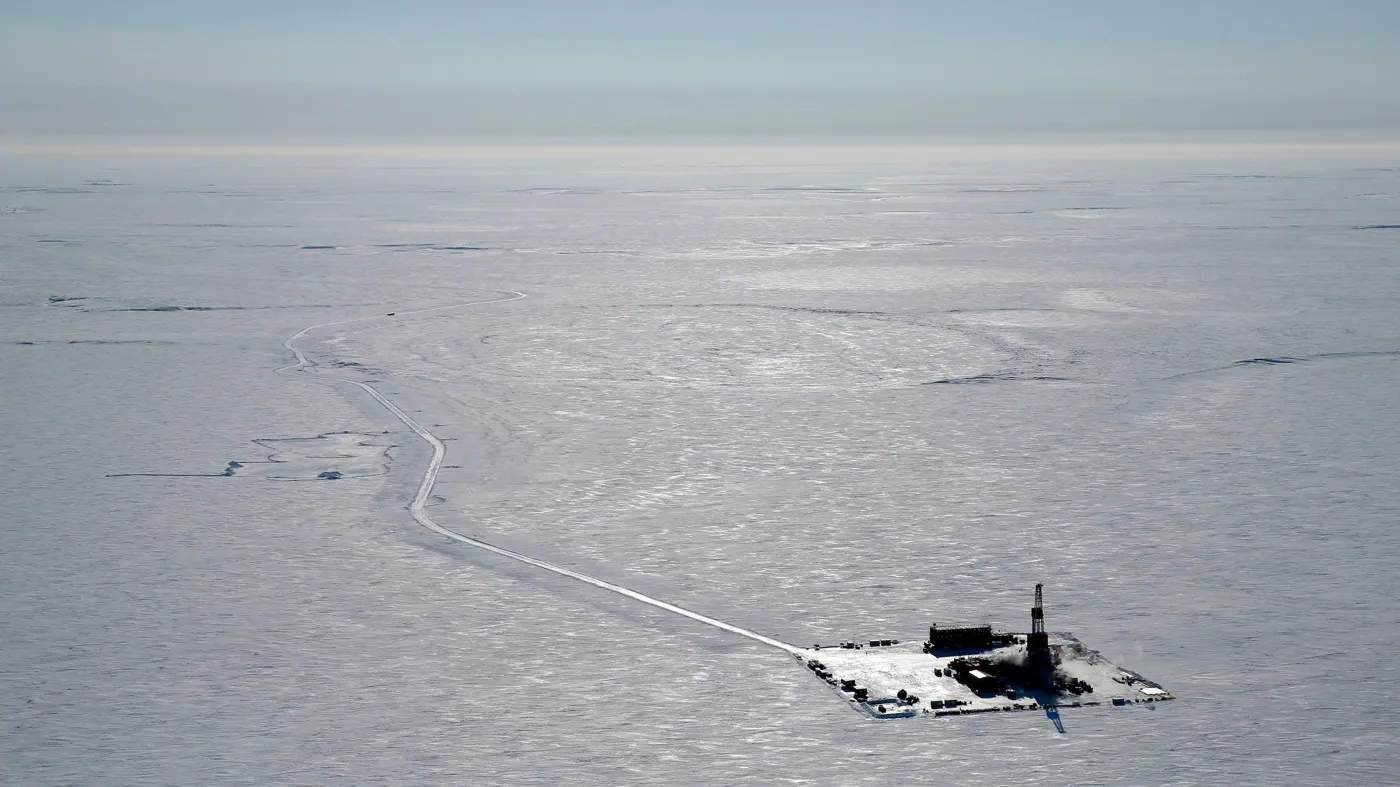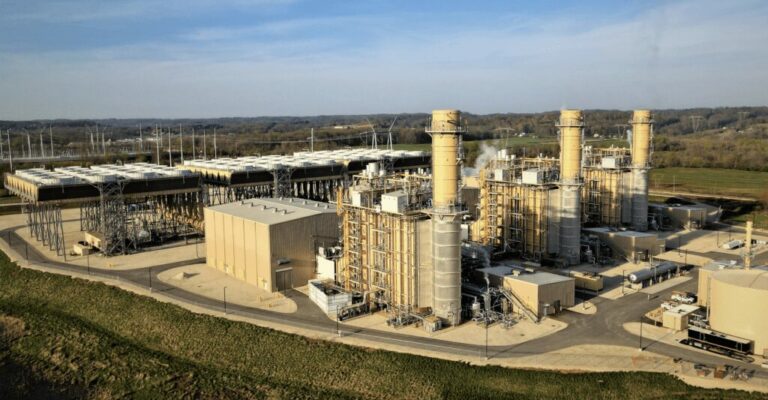Challenges to Alaska’s Willow Project Rejected
Yesterday, a federal judge tossed out multiple lawsuits that progressive activist groups brought against ConocoPhillips’ Willow oil project in Alaska. Environmental groups claimed that Biden’s Interior Department violated the National Environmental Policy Act, the Naval Petroleum Reserves Production Act and the Alaska National Interest Lands Conservation Act by not considering “a reasonable range of alternatives.” Judge Sharon Gleason, an Obama appointee serving in the U.S. District Court for Alaska, also rejected arguments that the Interior Department failed to study greenhouse gas emissions from future oil developments near Willow. Judge Gleason noted that the environmental studies “appropriately analyzed the indirect and cumulative GHG emissions impacts” of the project.
Despite their loss in court, environmentalist groups criticized the decision, calling the approval of Willow ‘illegal.’ Interior Secretary Deb Haaland defended the project’s approval in July. Secretary Haaland went as far as to tell the Washington Post, “I’m not running this department for the progressives who want to keep it [oil] in the ground…This is for the whole country.”
It is refreshing to see federal decision makers take the long view with regards to our energy security and not cave to special interest groups. Despite assumptions from environmentalists that Secretary Haaland would advance their agenda, the head of Interior has displayed a commonsense vision for securing American energy independence, specifically as it relates to Willow. Projects such as this are vital for our domestic energy sector. Producing energy at home creates thousands of good paying jobs and endows millions of dollars in local and state tax revenues. Instead of turning to hostile nations such as Venezuela for our oil, the U.S. is better off producing that energy at home and having our own citizens’ benefit.


